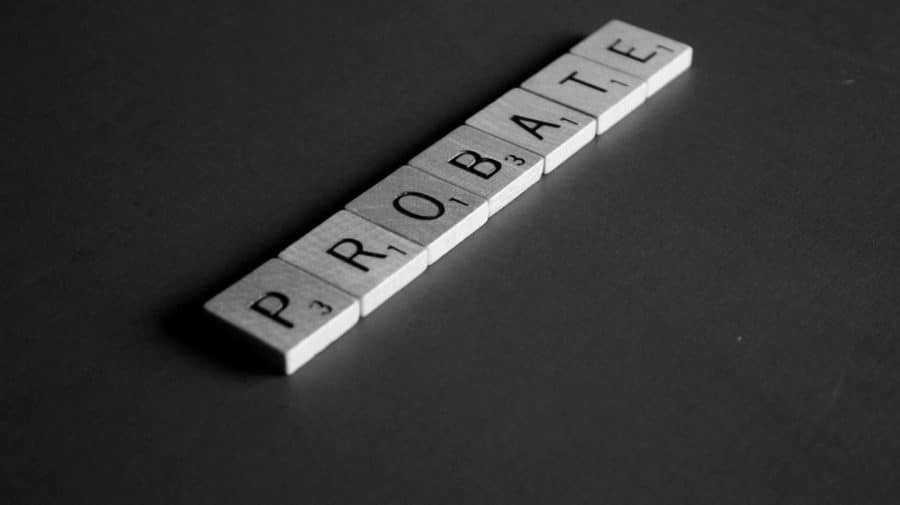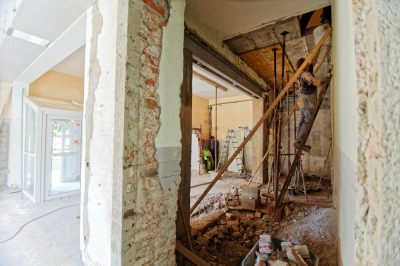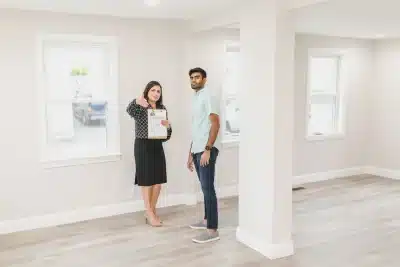
When a loved one passes away, their family and heirs often wonder what will happen to the person’s home. The house may have been in the family for generations, or it may be a valuable piece of property that the deceased owned by themselves. It’s essential to understand how probate works and how to value a house for probate purposes.
It’s not uncommon to have to value property during the probate process. Whether you’re deciding if you should sell the house or keep it, it’s helpful to know how much the property is worth before making that decision. Below are several considerations to help you value a house for probate.
1. Does the House Have Major Defects?
The first step in valuing a house for probate is determining whether or not there are any significant defects with it. This can include things like asbestos, lead paint, or structural damage. An inspection report will help you determine any common problems with your property before starting your probate process.
If there are, you’ll have to decide if they need some repair before or after the probate process. If you spot some defects that need repair, there may be extra costs that you can deduct from the house value. For example, if the roof is only functional for one more year and later costs you $10,000 to replace, then you can subtract $10,000 from its value when determining its worth.

2. Determine the Square Footage
Square footage is one of three major components in determining a home’s value. Square footage tells you how much space you’re working with inside and out. This will help you determine what’s included in your property’s value, as well as how much room there is for improvement.
3. Are There Special Features That Would Add Value?
Depending on what kind of house you have, features such as high-end appliances, an in-ground sprinkler system, metal roofing, central air conditioners, or an indoor swimming pool might add value. Many houses might have unique features that can be removed before probate starts, such as installed televisions and items added by tenants. If there are unique features that make your house worth more than its fair market value, you will want to discuss them with an appraiser, who can give you an estimate of how much they might add to the value of your property.
4. What Are Similar Homes in the Area Selling for?
If you want to determine how much your house is worth in probate, you’ll first need to learn what other homes are selling for. Your best bet would be to look at real estate websites or companies that list sales and see what similar homes are going for. Some websites will let you search by zip code or city, and even provide you with median value statistics of houses in your area. You can also drive around the neighborhood and compare similar homes to get an approximate value of the subject property.
Endnote
A home’s value may be the most crucial factor in determining how much you get when your loved one passes away. However, defining house value for probate purposes can be one of the most challenging things to do. With home values constantly fluctuating and numerous other factors at play, it’s not as simple as just looking up the value online or taking an appraisal at face value. The more prepared you are, the smoother this process will go.








